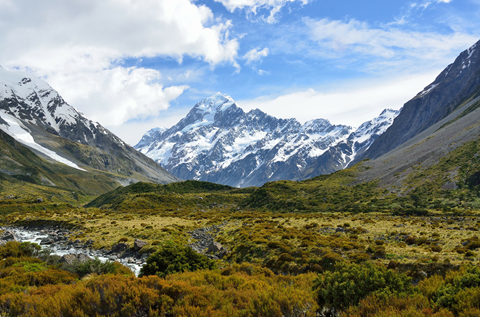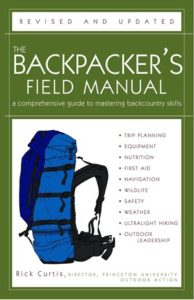The current issues of the journals High Altitude Medicine and Biology and Wilderness and Environmental Medicine both have articles on the herbal medication Ginkgo biloba and prevention of acute mountain sickness (AMS). Ginkgo is appealing because, if effective, it would be a low cost herbal alternative to acetazolamide (Diamox) which is the current standard medication for preventing AMS.
Alas, the title of one of the articles “Ginkgo biloba Does – and Does Not – Prevent Acute Mountain Sickness” sums up these two papers.
There are four published studies demonstrating efficacy of Ginkgo biloba in preventing AMS and three studies that show no effect. It’s a challenge that the studies on Ginkgo, all with a small number of subjects, differ in the strength and preparation of Ginkgo, the dose, the timing of the dose, the ascent profile and whether or not the subjects were exercising.
There seems to be wide variability in the commercially available ginkgo products. Ginkgo is loaded with biologically active compounds, and figuring out how much of what is in a particular batch is difficult. Plus, we don’t know which ingredient is operative against AMS. As well, there is a disturbing amount of contaminants in the preparations.
None of the studies reported that Ginkgo made AMS worse, or had intolerable side effects.
There you have it. We don’t know whether Ginkgo helps prevent AMS.
Take care
Tod
March 09
Ginkgo biloba for Prevention of Acute Mountain Sickness: Does It Work? High Altitude Medicine and Biology. Volume 10, Number 1, 2009
Ginkgo biloba Does – and Does Not – Prevent Acute Mountain Sickness. Wilderness and Environmental Medicine, 20, 66-71 (2009)


